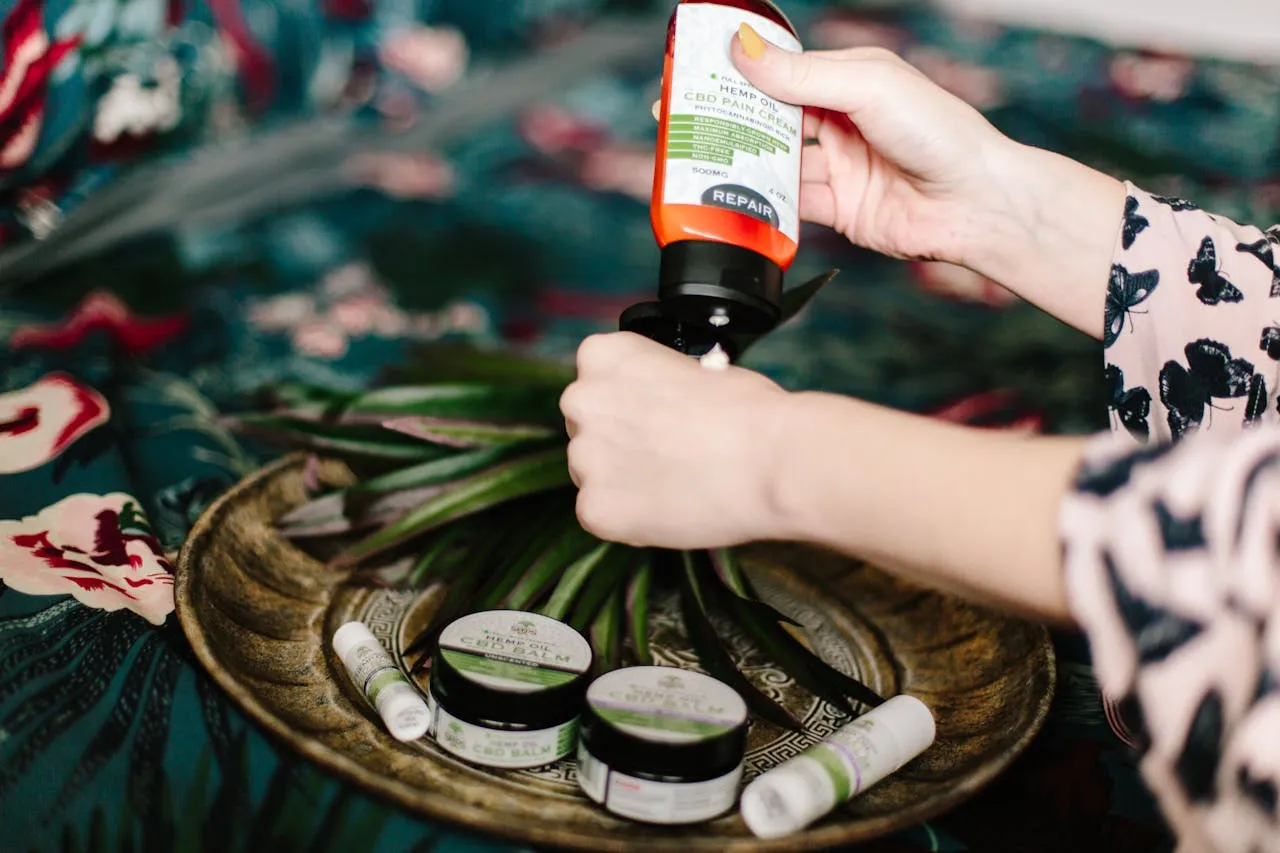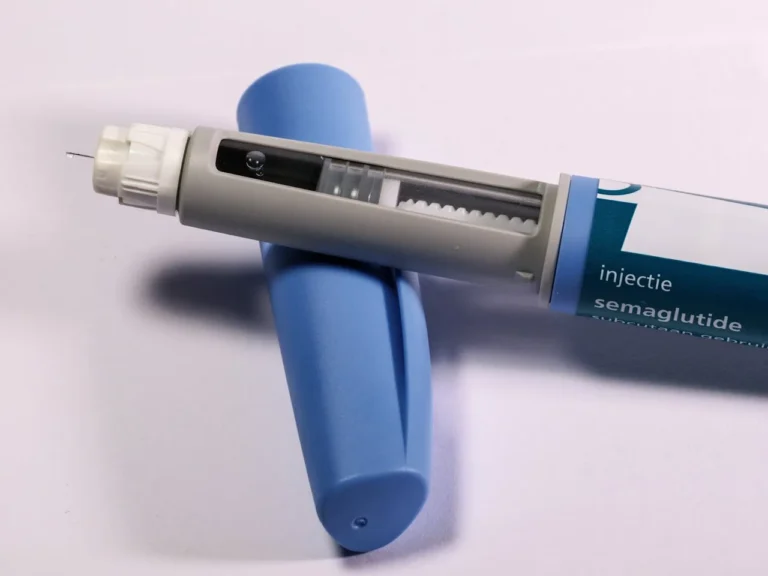
Devonian Health Group Reports Groundbreaking Findings on Thykamine™’s Superior Anti-Inflammatory Potency
Devonian Health Group a clinical-stage biopharmaceutical company focused on pioneering treatments for inflammatory diseases, has announced the remarkable results of its latest in vitro comparative study. The study confirms the superior anti-inflammatory efficacy of Thykamine™, a plant-derived therapeutic, when compared to currently marketed anti-inflammatory agents, including various corticosteroids and a phosphodiesterase inhibitor.
Conducted at the Department of Microbiology, Infectious Diseases, and Immunology at the Faculty of Medicine at Université Laval in Quebec City, the research was spearheaded by Dr. Louis Flamand, PhD, MBA, in collaboration with Dr. John Sampalis, PhD, a distinguished epidemiologist from the Faculty of Medicine at McGill University, and Dr. Charles Lynde, MD, a leading dermatologist and Associate Professor in the Department of Medicine at the University of Toronto.
Study Objectives and Methodology
The primary aim of this comprehensive study was to evaluate and compare the anti-inflammatory potency of Thykamine™ against a range of standard anti-inflammatory drugs available in the market. The agents chosen for comparison included:
- Betamethasone valerate
- Clobetasol
- Crisaborole
- 21-acetate hydrocortisone
- Pimecrolimus
- Prednisone
To measure anti-inflammatory efficacy, researchers used lipopolysaccharide (LPS)-stimulated U937 monocytic cells treated with each agent. The inhibition of inflammation was assessed based on the suppression of four key cytokines:
- Monocyte chemoattractant protein-1 (MCP-1)
- Macrophage inflammatory protein-1 alpha (MIP-1α)
- Macrophage inflammatory protein-1 beta (MIP-1β)
- Regulated on activation, normal T cell expressed and secreted (RANTES)
These cytokines are crucial markers of inflammation and are known to play significant roles in autoimmune diseases such as atopic dermatitis, ulcerative colitis, psoriasis, and rheumatoid arthritis. The extent of cytokine inhibition directly correlates with an agent’s anti-inflammatory potency.
The experiment involved testing each agent at four increasing concentrations, except for pimecrolimus, which was tested at three. All culture conditions were performed in hexaplicate (n=6) to ensure accuracy and reproducibility. The cytokine concentration in cell-free supernatants was then analyzed using Pro-Carta 6 plex (Life Technologies).
Key Findings: Thykamine™ Outperforms Marketed Anti-Inflammatory Agents
The study results were striking, revealing that Thykamine™ exhibited significantly superior anti-inflammatory activity compared to all tested agents. Specifically, it demonstrated:
- MCP-1 inhibition: Thykamine™ showed a 28% to 136% greater inhibition compared to other agents (P< 0.009).
- MIP-1α inhibition: A 30% to 108% higher suppression rate than competing agents (P < 0.001).
- MIP-1β inhibition: A 39% to 111% stronger inhibition effect (P < 0.001).
- RANTES suppression: Higher inhibition (by 47% to 258%) compared to all agents except for crisaborole and prednisone.
Additionally, pimecrolimus failed to inhibit any of the cytokines tested, further solidifying Thykamine™’s robust anti-inflammatory potential.
Expert Insights on the Study Findings
Dr. Louis Flamand, the lead investigator of the study, emphasized the importance of these results, stating:
These findings further validate the broad-spectrum anti-inflammatory properties of Thykamine™. Its ability to simultaneously modulate multiple cytokines and inflammatory markers sets it apart from existing anti-inflammatory drugs. This multi-modal mechanism of action supports the clinical efficacy we observed in our Phase 2 trials for ulcerative colitis and atopic dermatitis in adults.”
Dr. Charles Lynde, an expert dermatologist involved in Devonian’s Phase 2 clinical trials, added:
Thykamine™’s superior potency, combined with its excellent safety profile, positions it as an attractive first-line therapy for inflammatory conditions. Many standard treatments, particularly corticosteroids, come with significant safety concerns, including skin thinning and systemic side effects. Thykamine™ could serve as a safer alternative without compromising efficacy.”
Dr. John Sampalis, an experienced clinical epidemiologist, further commented on the potential impact of the findings:
The high anti-inflammatory potency of Thykamine™, as demonstrated in this study, alongside its favorable safety profile observed in human trials, suggests that it could be a game-changer in the treatment of autoimmune and inflammatory diseases. Given the potential steroid-sparing effect of Thykamine™, its use in early-stage disease management may reduce the need for aggressive treatments such as biologics and immune modulators, which are associated with severe side effects and long-term health risks.”
Clinical Implications and Future Directions
The results of this study add to the growing body of evidence supporting Thykamine™’s potential as a superior treatment for various inflammatory and autoimmune diseases. Unlike corticosteroids, which come with notable risks such as immunosuppression and metabolic disturbances, Thykamine™ offers a more favorable safety profile, making it a suitable candidate for long-term use.
Potential Applications of Thykamine™
Given its strong anti-inflammatory properties, Thykamine™ has the potential to be a first-line treatment for a wide range of inflammatory conditions, including:
- Atopic Dermatitis: A chronic inflammatory skin disease characterized by intense itching and flare-ups.
- Ulcerative Colitis: A severe inflammatory bowel disease affecting the colon.
- Psoriasis: A condition marked by overactive immune response leading to skin scaling and inflammation.
- Rheumatoid Arthritis: A progressive autoimmune disorder causing joint inflammation and damage.
- Other Autoimmune Disorders: Conditions like lupus, Crohn’s disease, and multiple sclerosis could also benefit from Thykamine™-based therapies.
Comparative Advantages Over Existing Treatments
- Higher Potency: The study demonstrated that Thykamine™ outperforms corticosteroids and phosphodiesterase inhibitors in suppressing key inflammatory cytokines.
- Multi-Pathway Mechanism: Unlike single-target drugs, Thykamine™ works across multiple inflammatory pathways, enhancing its efficacy.
- Favorable Safety Profile: With no known serious side effects, Thykamine™ could be a safer alternative to steroids and biologics.
- Potential Steroid-Sparing Effect: Reducing dependence on corticosteroids minimizes the risk of complications like adrenal suppression, osteoporosis, and increased infection susceptibility.
- Broader Applicability: Its effectiveness against multiple cytokines suggests that Thykamine™ could be beneficial for several inflammatory conditions.


